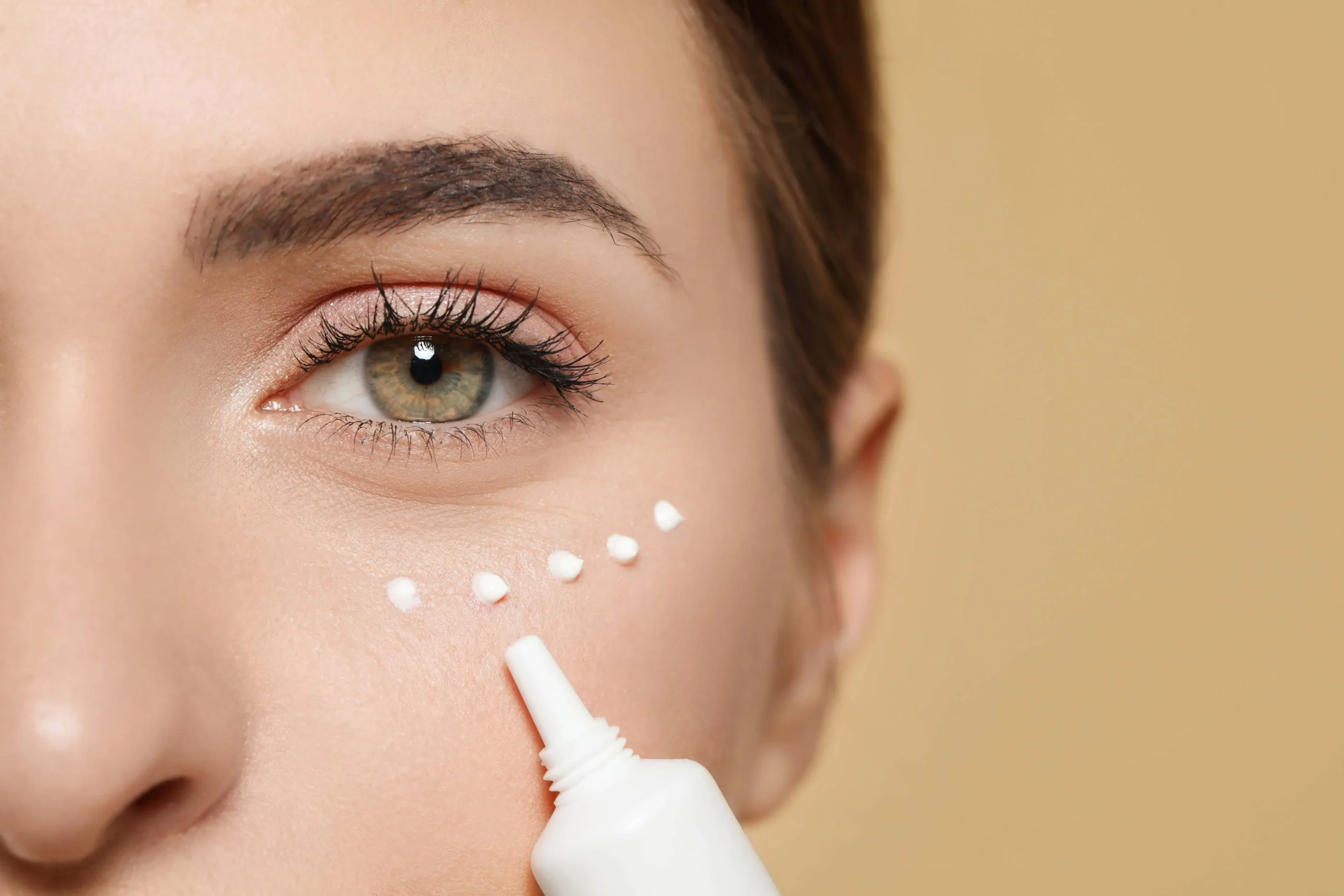The notion that oily skin should avoid oils is a common belief, but is it accurate? The advice to steer clear of oils if you have oily skin comes from the assumption that adding more oil to an already greasy complexion will exacerbate the problem. However, this perspective doesn’t fully encompass the complexity of skin types and the benefits of different oils. In this blog post, we’ll explore why using oils on oily skin can be not only safe but beneficial, how to choose the right oils, and what you need to know to integrate them into your skincare routine effectively.
1. Understanding Oily Skin
A. The Nature of Oily Skin
Oily skin is identified by an overproduction of sebum, which is the skin’s natural oil. This excess oil can lead to a shiny appearance, enlarged pores, and a higher propensity for acne and blackheads. The main factors leading to oily skin include:
- Genetics: Inherited traits can influence how much oil your skin produces.
- Hormonal Fluctuations: Changes in hormones, such as during puberty or menstruation, can increase oil production.
- Climate: Hot and humid weather can boost oil production.
- Over-Cleansing: Stripping the skin of its natural oils with harsh cleansers can prompt the skin to produce even more oil to compensate.
B. The Role of Oil in Skincare
Oil in skincare serves several important functions, including:
- Hydration: Oils can provide moisture and help to lock in hydration.
- Barrier Protection: Oils can strengthen the skin barrier and protect against environmental aggressors.
- Nutrient Delivery: Oils often contain essential fatty acids and vitamins that support skin health.
2. The Myth: Avoiding Oil on Oily Skin
A. The Belief
The widespread belief is that using oils on oily skin will worsen oiliness and lead to more breakouts. This advice stems from the idea that applying additional oil might contribute to clogged pores and exacerbate existing issues.
B. The Reality
However, this belief overlooks several key points:
- Oil vs. Oil Production: Using the right type of oil can help balance sebum production rather than increase it. The idea is not to add more oil but to use oils that can regulate oil production and improve skin health.
- Non-Comedogenic Oils: Many oils are non-comedogenic, meaning they won’t clog pores or cause breakouts. Choosing the right oil can provide benefits without worsening oily skin issues.
3. Benefits of Using Oils on Oily Skin
A. Balancing Oil Production
Certain oils can help regulate sebum production by mimicking the skin’s natural oils and signaling it to produce less oil. For example:
- Jojoba Oil: Its structure is similar to the skin’s natural sebum, making it effective at balancing oil production and reducing shine.
B. Enhancing Skin Health
Oils can improve skin health in several ways:
- Hydration: Even oily skin needs hydration. Oils can provide a layer of moisture without being heavy or greasy.
- Anti-Inflammatory Properties: Many oils have anti-inflammatory properties that can soothe irritated skin and reduce redness.
- Antioxidant Protection: Oils rich in antioxidants can protect the skin from environmental damage and support overall skin health.
C. Improving Skin Texture
Oils can help to smooth and refine skin texture by promoting cell turnover and reducing the appearance of pores.
D. Supporting Healing
Certain oils, like rosehip oil, are known for their ability to support skin healing and repair, which can be beneficial for acne-prone skin.
4. Choosing the Right Oils
A. Non-Comedogenic Oils
When selecting oils for oily skin, look for those labeled as non-comedogenic. These oils are less likely to block pores. Some excellent options include:
- Jojoba Oil: Balances oil production and is suitable for all skin types.
- Argan Oil: Moisturizes without leaving a greasy residue and has anti-inflammatory benefits.
- Squalane: A lightweight oil that hydrates without clogging pores.
B. Avoiding Heavy Oils
Certain oils can be too heavy for oily skin types and may increase oiliness or clog pores. These include:
- Coconut Oil: While moisturizing, it can be too heavy and comedogenic for some individuals.
- Olive Oil: May be too rich and heavy for oily skin.
5. How to Incorporate Oils into Your Routine
A.Start Small
Introduce oils gradually to your routine to see how your skin reacts. Begin with a small amount and observe any changes in your skin.
B. Use Sparingly
Apply oils sparingly, focusing on areas that need extra hydration or soothing. A little goes a long way, and over-application can lead to greasiness.
C. Layer Correctly
If you use oils as part of a multi-step skincare routine, apply them after your moisturizer. This will help lock in hydration and prevent excess oil from forming on the surface.
D. Opt for Night Use
Applying oils at night allows them to work while you sleep, without interference from daytime activities. It also helps to reduce the risk of oil buildup throughout the day.
6. Conclusion
The idea that oily skin should never use oils is a misconception that doesn’t account for the nuanced role oils can play in a skincare routine. When chosen and applied correctly, oils can balance sebum production, enhance skin health, and improve texture. The key is to select non-comedogenic oils that suit your skin type and incorporate them thoughtfully into your routine. By understanding how oils function and choosing the right products, you can enjoy the benefits of oil-based skincare without exacerbating oily skin issues.





